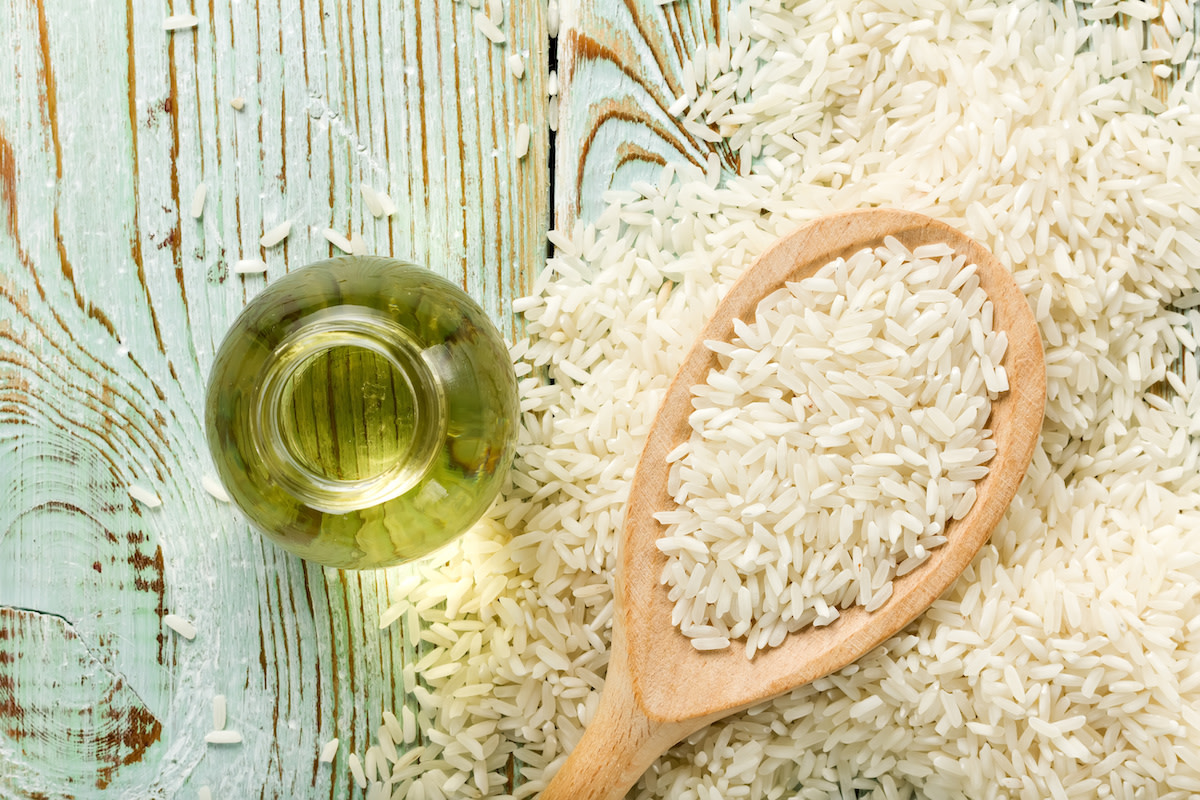What Is Rice Vinegar? How to Cook With Rice Vinegar and Best Rice Vinegar Substitutes
Written by MasterClass
Last updated: Aug 3, 2021 • 2 min read
From delicate and understated to sweet and floral, meet the many nuanced sides of Asian rice vinegar.
What Is Rice Vinegar?
Rice vinegar is made from fermented rice. The sugars in rice are converted to alcohol (rice wine) and then, through a bacteria-laden second fermentation process, into the acid we know as vinegar. The result is typically far less acidic and milder than pure distilled white vinegar or those made from grape-based wine or malt, making it a subtle addition to salad dressings, pickles, marinades, or splashed lightly over sautéed vegetables.
Learn From the Best
What's the Difference Between Rice Vinegar and Rice Wine Vinegar?
Because rice vinegar is technically made into alcohol before it becomes vinegar, you might find it labeled as both “rice vinegar” and “rice wine vinegar.” Without the acid from the second part of the process, rice wine, like Japanese cooking mirin, has a much sweeter profile.
5 Types of Rice Vinegar
Not only do types of rice vinegar vary, but regional styles do as well: rice vinegar is a central condiment in Chinese, Japanese, Korean, and Vietnamese cuisine, and so iterations and strength may differ slightly.
- White rice vinegar. This is the basic, multi-use rice vinegar you’ll find in every grocery store. It's clean, with an unobtrusive tang.
- Seasoned rice vinegar. used mostly to brighten sushi rice, combines white rice vinegar with sugar and/or MSG for added flavor.
- Brown rice vinegar. Like its base grain, brown rice vinegar brings a few more nutrients to the party, along with a toastier color. It’s often mild enough in flavor that it can be used interchangeably with white rice vinegar.
- Black rice vinegar. You may have come across black rice vinegar as a dipping sauce. Thanks to the combination of black glutinous rice with wheat and other grains like sorghum, the result is rich in umami.
- Red rice vinegar. Red rice vinegar is made with an already fermented rice and incorporates other grains, similar to black rice vinegar. It's sweet, sour, and a little funky.
How to Substitute Rice Vinegar in Cooking
Best substitute for rice vinegar? Survey says: apple cider vinegar. Though apple cider vinegar tends to be cloudier and more potent than rice vinegar, it’s sweet-to-sour ratio is a close enough match to work in some circumstances. White wine vinegar and champagne vinegar also have similar flavor profiles and make for good substitutes.
4 Recipes Using Rice Vinegar
- 1. Add a dash of rice vinegar to a fruity gin and tonic for a quick and easy seasonal shrub cocktail.
- 2. Add rice vinegar to brining liquid for a nuanced tanginess that won’t overpower the whole meal.
- 3. For a light salad dressing, add 1 tablespoon of rice vinegar to 2 tablespoons of olive oil and season to taste with salt, black pepper, and maybe some dijon mustard.
- 4. Use rice vinegar as the base vinegar in your next batch of pickles—get inspired by its fruity undertones and pickle it with something like fresh plums, radishes, or ginger.
